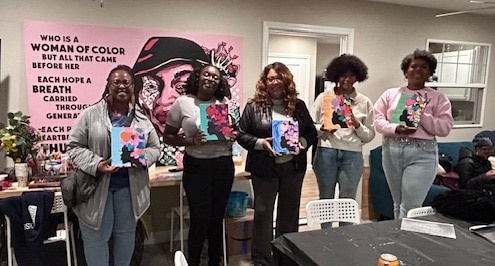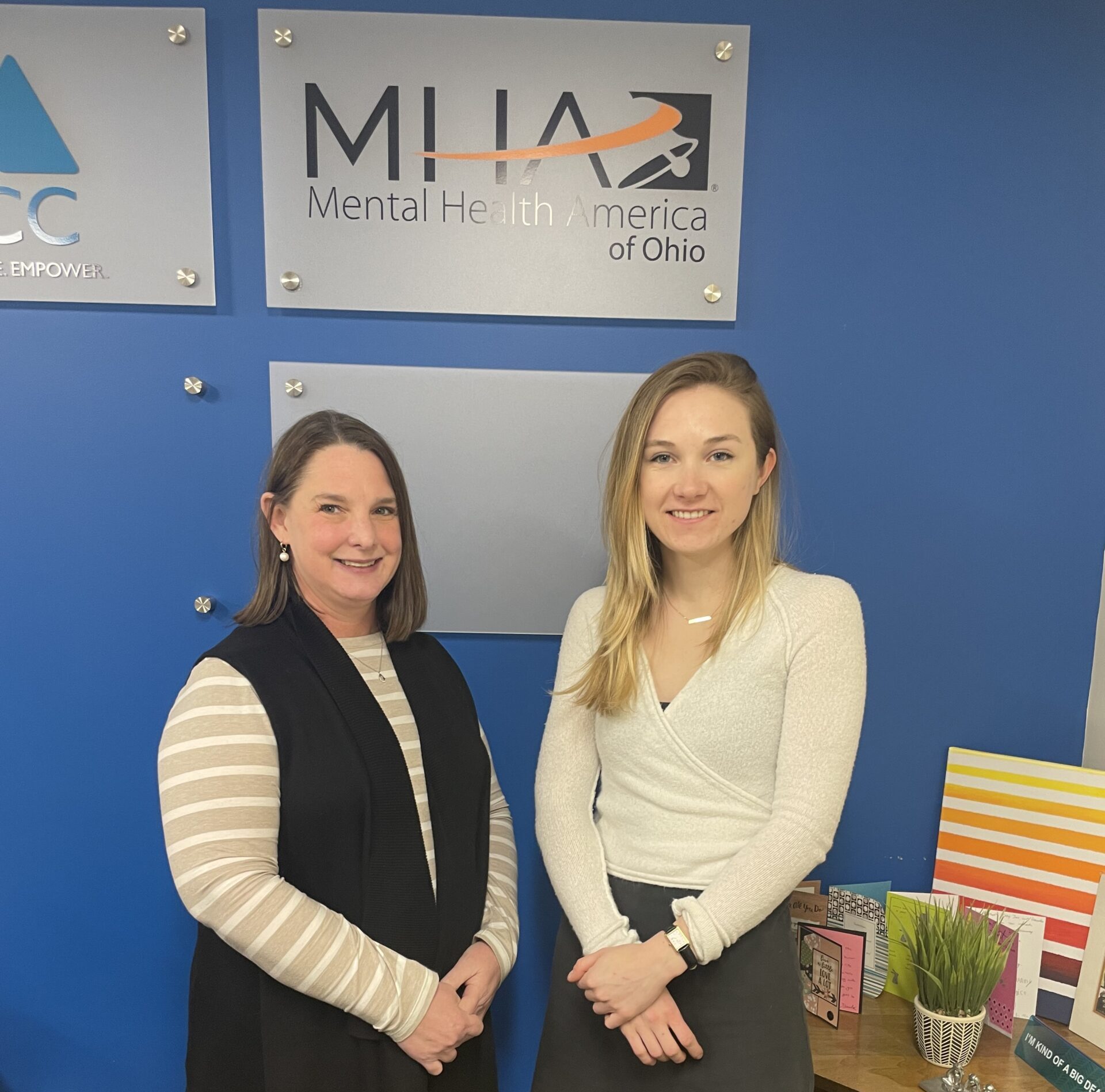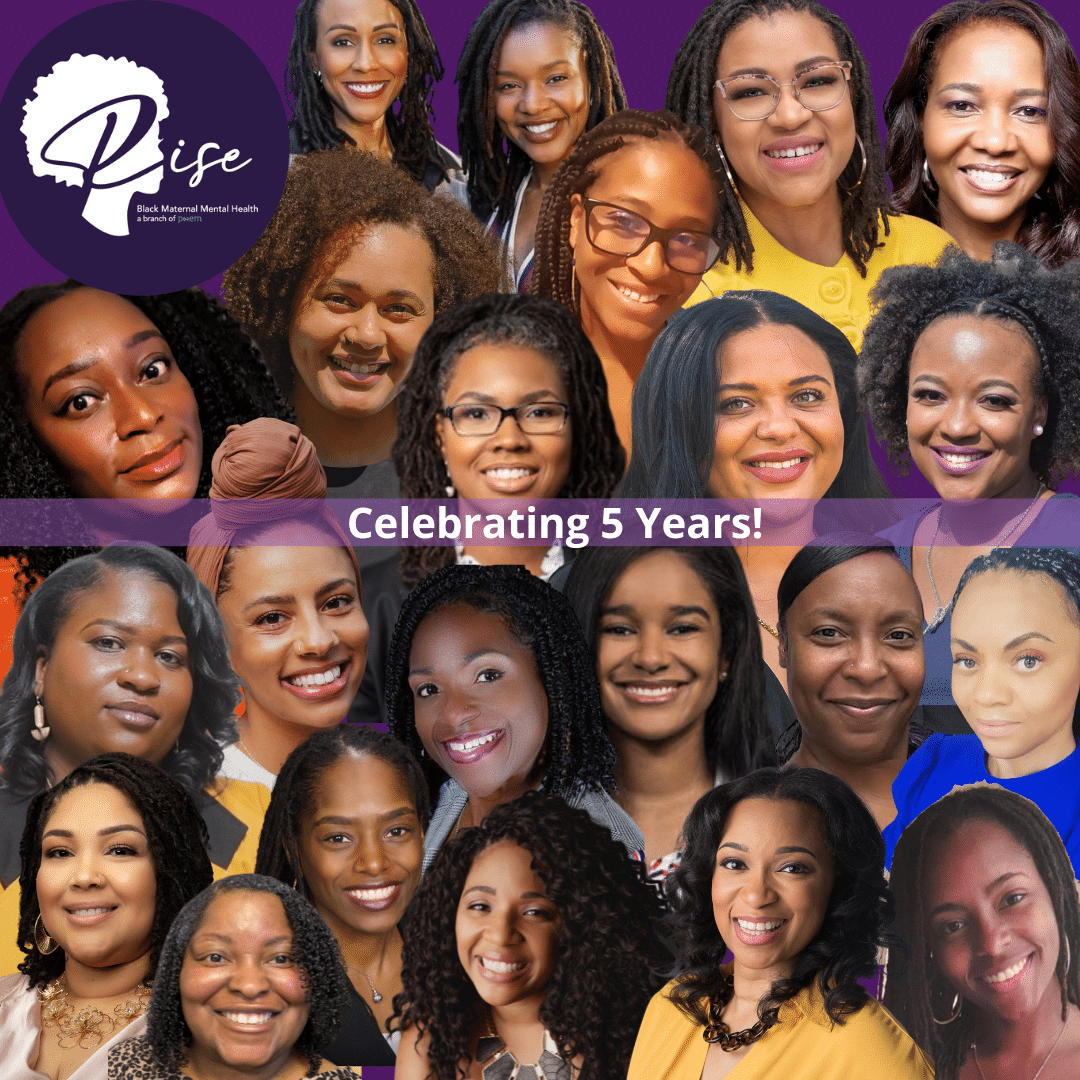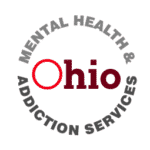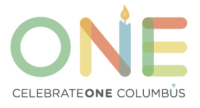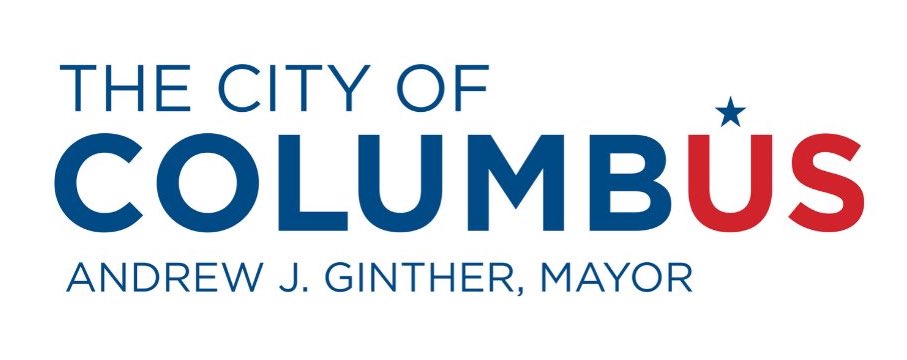Content warning: Some or all parts of this reading may be triggering.
How were you connected with POEM Rise?
I was connected through my healthcare provider.
Tell us about your pregnancy and postpartum journey. How did your experiences impact your mental health?
I had my daughters (all 3) via Cesarean Section and that part alone was overwhelming and frustrating because I knew it was not going to be easy. The nurses tried EVERYTHING for me to have a vaginal birth. 25 hours later my doctor came in and he was very angry that they had not moved to other methods since it was clear the labor was not progressing. That whole situation really scared me. I didn’t realize that the healing would be worse than the birth! They couldn’t let me leave the hospital until I had a bowel movement, and pain medication slowed that process down.
Finally, I got to go home. I thought the worst was over, but then I didn’t get to sleep fully again for the next 4 or 5 months. I was very protective over my daughter. I didn’t understand how other people viewed me. I was overwhelmed with depression. I felt like the worst mom ever because I was broke, I only had my GED and was only getting customer service jobs. I felt like having her was selfish because I couldn’t give her the world. I couldn’t even give her a stable family because me and her dad just didn’t see eye-to-eye. I was devastated that I was a single mother, just like my mom.
In 2011, there was information about postpartum [depression/anxiety], but I didn’t even know what I was feeling because there wasn’t as much education about it like there is now. I went on in this mental state for two or three years. As soon as I started feeling like my normal self, I was diagnosed with diabetes. I didn’t get pregnant again until 10 years later, and after I had my second baby, I was diagnosed with Multiple Sclerosis. I went on to meet who I thought was my future husband and had baby girl number 3. With that pregnancy, I had preeclampsia and high blood pressure.
The moral of the story is this – you’ll never be exactly the same as you were pre-pregnancy. That man might be a totally different man after that baby. That job might not be there after that baby. Babies are cute; they smell good, and are warm and cuddly, but that baby is a real person with real needs, and a lot of times, we, the mothers, are the ones there to fulfill those needs. This share wasn’t for entertainment, it’s to remind you to honestly think about what YOU need first.
Were there any forms of support you found beneficial to you in your journey?
Yes! OSU has a program called MOMI Pods. The doctors you meet on day 1 are the same doctors you see for all of the check-ups and tests. That made it way better for me the second time around because I didn’t have to repeat my story to new people all the time. Also, I picked a provider and stayed in their network. I had referrals from my doctor for dentists, mental health and even specialists. That changed the game for me because all of my doctors could log-in and see what happened and when, which was truly beneficial. Also, know your stuff. If you know you get depressed easily, tell them! Communication is key and if you communicate openly, then your care team can be better and faster at getting you what you need.
Are there any words of wisdom or encouragement that you’d like to offer other birthing persons?
My advice to other Black birthing people is that your doctor should feel like your cousin. You should be able to tell them your business and not feel judged or ignored. They get paid to help you. Find a new doctor if you feel like you can’t be open. Communication is key.



